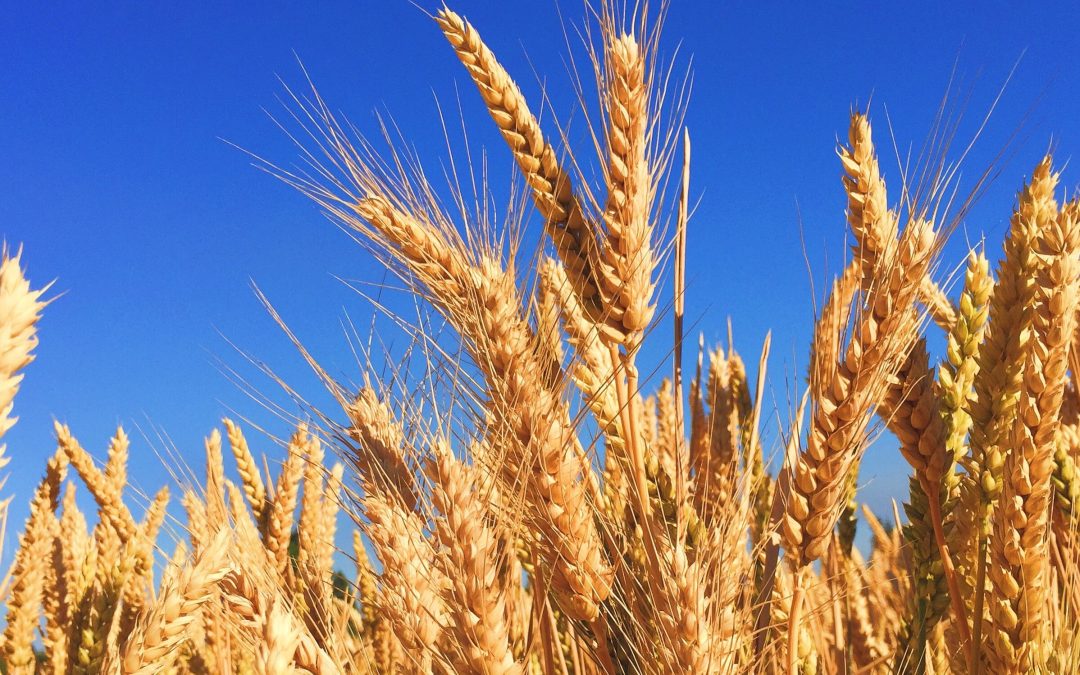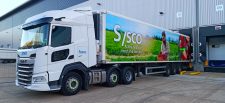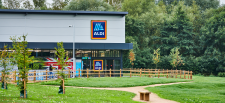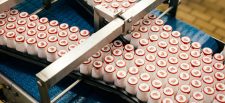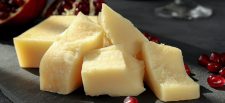The University of Reading has completed the purchase of land at Tanners Farm, Farley, valued at around £16 million.
The 635-acre site includes pasture, arable land and woodland and is around five miles south of the University’s Whiteknights campus. It is also close to the University’s existing farming facilities at Hall Farm, near Arborfield.
University of Reading said that the purchase of Tanners Farm and the adoption of the Agrifood Futures Strategy were “significant events” that would extend the University’s farming resources, marking a milestone in more than a century of agricultural research and education.
The University agreed a comprehensive plan for investment in research areas for agriculture and food as part of the purchase.
Professor Robert Van de Noort, vice-chancellor of the University of Reading, said: “The study of food and farming has been at the heart of the University’s work for more than a century. This new strategy will secure the future of agriculture at Reading for the next century to come.
“Our mission is to develop new methods and partnerships that will transform the way healthy, sustainable food is produced in Britain.
“This is another important step to raise Reading’s position among the world’s best for agricultural research. In time, this strategy and additional farmland will give our researchers the ability to find answers to critical questions of food security and sustainability. It will provide our students with hands-on experience as they train to become our future food growers and the stewards of the countryside.”
The new farm is an addition to the University’s existing agricultural facilities around Reading, which includes mixed farmland and facilities in Arborfield, Shinfield and Sonning. Tanners Farm currently includes arable land where milling wheat, feed wheat and barley is grown.
Investing in agricultural research
The Agrifood Futures Strategy aims to identify three interlinked priority research areas, focusing on transformation to a resilient and fair food system; environmentally friendly farming systems; and developing healthy and sustainable foods.
Research carried out on Reading’s farms has included:
- Studies to cut greenhouse gas emissions from milk and dairy production
- Work on techniques to promote the health and welfare of farmed livestock
- Measuring ways to boost populations of bees and insect pollinators
- The development of new vaccines to counter bovine TB
- Efforts to support cocoa farmers facing climate change and plant diseases.
The University said Tanners Farm had been “carefully managed”, with schemes to encourage wildlife and protect the countryside. The University of Reading will initially lease the land to its existing users, continuing to support biodiversity schemes.
Professor Simon Mortimer, head of the University of Reading’s School of Agriculture, Policy and Development, said: “This is an exciting development for the University’s ambitions to invest in the future of food and farming research and education.
“The University’s purchase of Tanners Farm will give us the opportunity to research and demonstrate solutions to some of the most pressing problems facing Britain and the world: how to keep feeding a growing population from finite resources, despite a changing climate, while reducing the impact of farming on the environment.”

